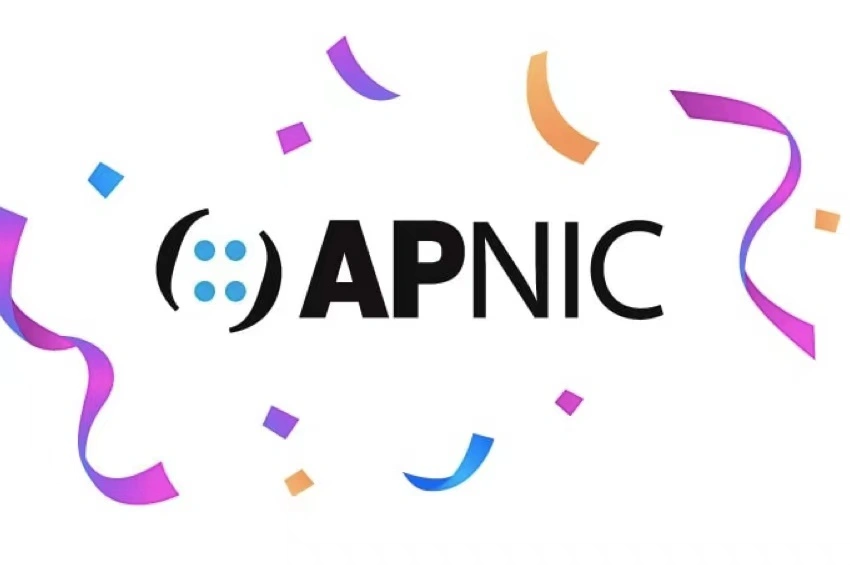APNIC(Asia Pacific Internet Network Information Center)is one of the world’s five regional Internet regiregistry, responsible for the allocating IPv4 and IPv6 address space, and autonomous system numbers. It also maintains the public APNIC Whois database in the Asia Pacific region and provides related industry training. APNIC represents the interests of the Asia-Pacific Internet community on the global stage and has a pivotal position in related industries.
The annual APNIC Conference, held in Japan this year, kicked off on September 7, with members from 56 economic zones gathering in Japan to participate in this event about Internet information. The conference brings together Internet and networking experts, government representatives, industry leaders, and other interested parties from around the world to learn, share ideas and experience, network with peers, and develop policies related to Internet operations.
The event opened up with welcome speech delivered by Kenny Huang, chairman of the APNIC executive council. Thereafter, the director of Computer Communications Division, Nobuhisa Nishigata from the Japan’s Ministry of Telecommunications gave his welcome note and shared his story about his experience in this industry. Then, Tripti Sinha, the ICANN board Chair described the strong relationship between ICANN and APNIC. Vint Cerf, the father of Internet, sent his congratulations on APNIC’s 30th anniversary via remote video.
It is worth mentioning that this year happens to be the 30th anniversary of the establishment of APNIC. Thirty years after APNIC was founded in Japan, this conference will leave an impression on the history of the Internet. This year, APNIC saw several exciting lectures and demonstrations; including five technical sessions on topics such as routing, DNS, multi-homing, automation, and satellite. In addition, five policy proposals were discussed at the Open Policy Meeting. The APNIC By-laws Reform 2023 was also announced at the meeting.
The Open Policy Meeting (OPM) had a presentation about the following:
- Policy implementation report (Sunny Chendi)
The following policy proposal reached consensus at the OPM and AMM:
- prop-155: IPv6 PI assignment for Associate Members
The following proposals did not reach consensus and will go back to the mailing list:
- prop-148: Leasing of Resources is not Acceptable
- prop-152: Reduce the IPv4 delegation from /23 to /24
- prop-153: Proposed changes to PDP
- prop-154: Resizing of IPv4 assignment for the IXPs
APNIC By-laws Reform 2023
Resolution 1
A resolution to introduce new eligibility criteria for nominees in Executive Council elections./
Resolution 2
A resolution to preserve the independence and geographic representation of the Executive Council.
Resolution 3
A resolution to prevent individuals involved in litigation against APNIC from being nominees in Executive Council elections.
Resolution 4
A resolution to limit the control one organisation (or corporate group) can have on the Executive Council.
Resolution 5
A resolution to introduce a new independent body, the Electoral Committee, to have oversight of nominee eligibility and conduct in Executive Council elections.

